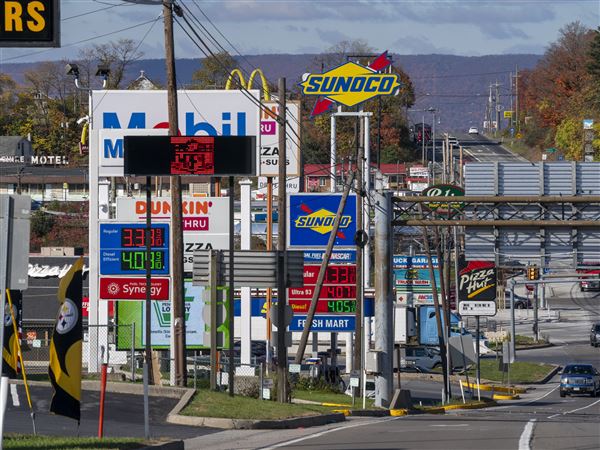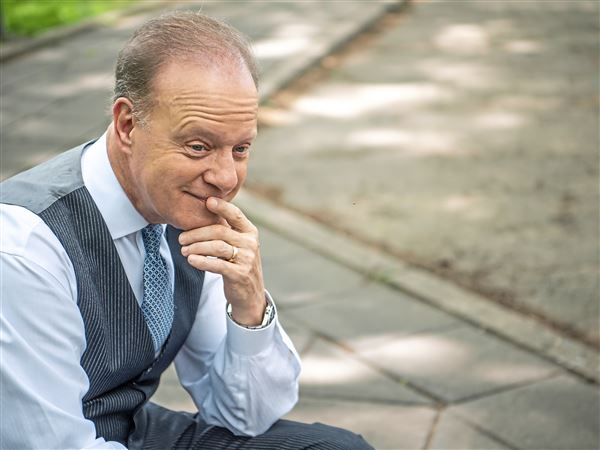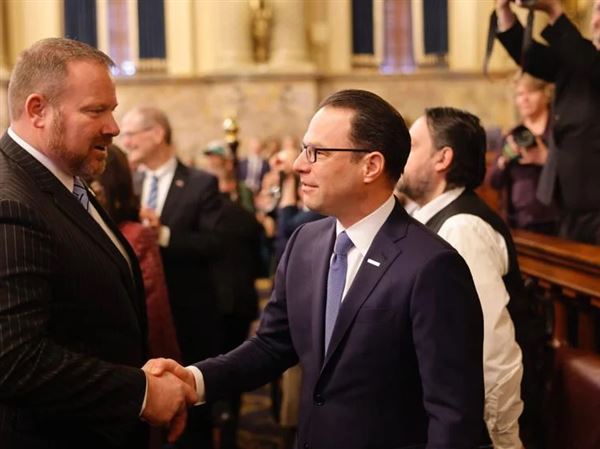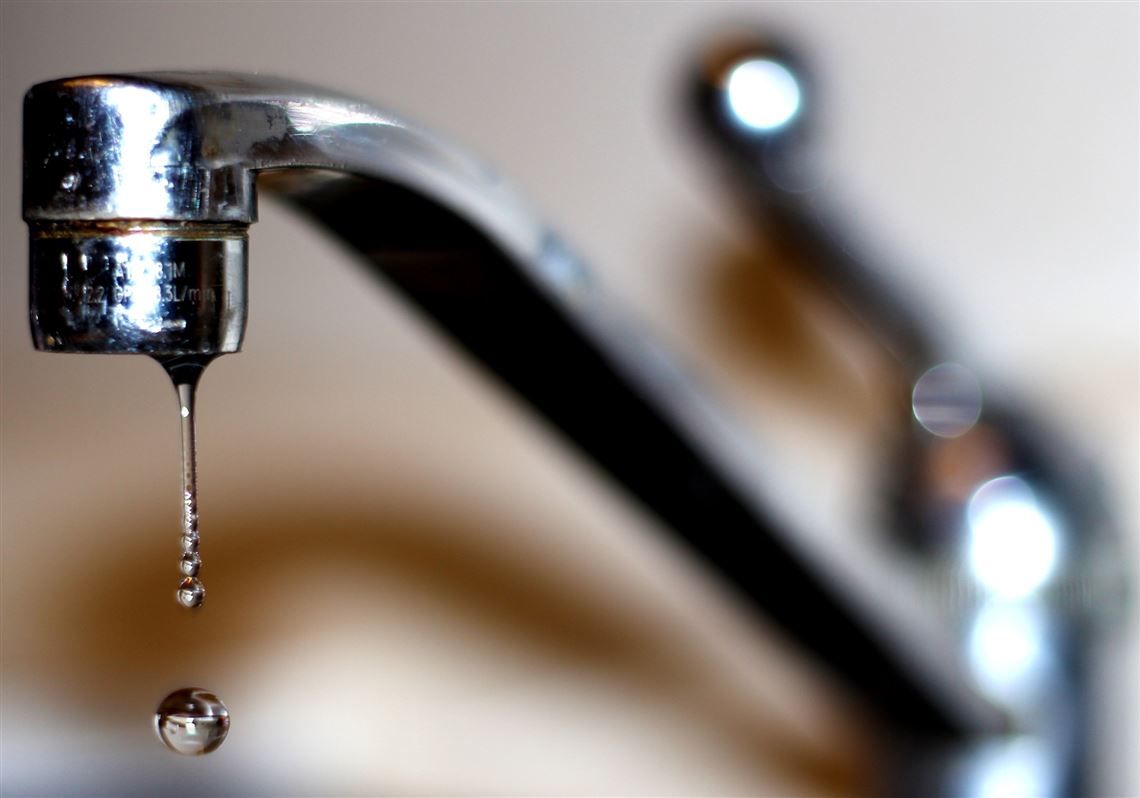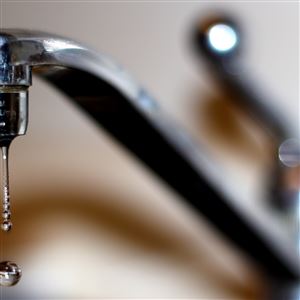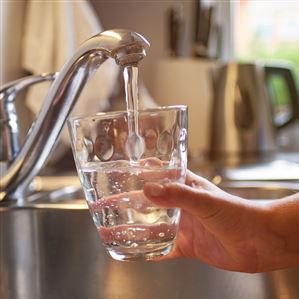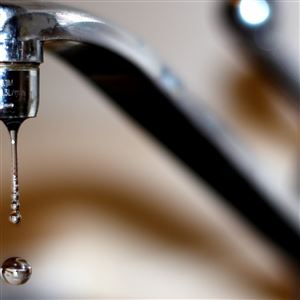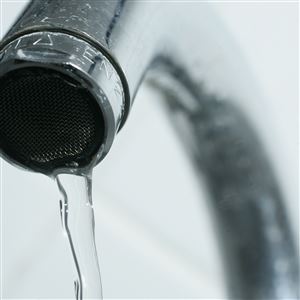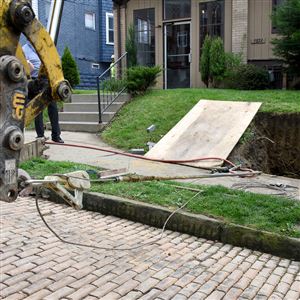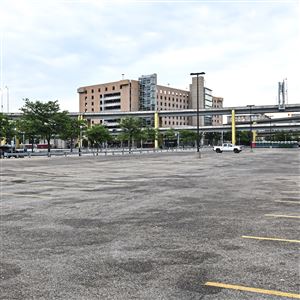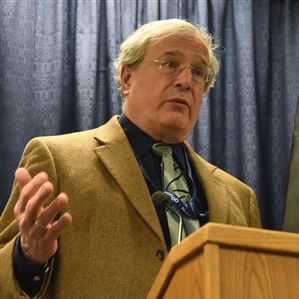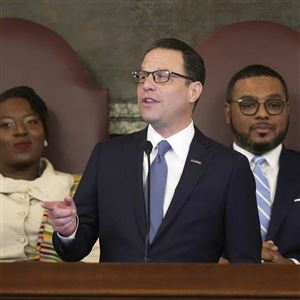Pittsburgh’s biggest water utility detailed big plans Thursday for the next 12 years, including a roughly threefold increase in system improvements by 2021.
Mayor Bill Peduto sought the 24-page blueprint, which distills — in readable terms — how the municipal Pittsburgh Water and Sewer Authority intends to continue rebuilding after years of poor upkeep and infrastructure failures. Hosted at PGH2O2030.com, the document shows annual capital improvements should eclipse $300 million in three years, up from the $80 million range in 2018.
“We’re going to make the financial commitment that should’ve been made over the last 30 years during the next 12,” Mr. Peduto said. That means rates will keep climbing, but prices should “remain competitive” with Pennsylvania American Water Co., an investor-owned utility that serves some neighborhoods in south Pittsburgh, he said.
_____________________
Here’s the full report:
_____________________
The PWSA strategy features $1 billion in overall capital work over the next five years. Priorities include more natural stormwater management, treatment-plant upgrades and advanced meters to let customers monitor use in real time.
PWSA also plans to replace more water mains beneath the streets, said Robert Weimar, the authority’s executive director. That should let workers replace, at the same time, individual service lines that run into adjacent buildings, he said.
The authority should be on pace to replace all lead service lines by about 2026, Mr. Weimar added. Its biggest challenge is probably “getting enough staff, getting enough resources to get all these projects under way and to have them all finish on time and on budget,” he said.
Details in the 12-year plan mirror long-range compliance and infrastructure proposals that PWSA submitted several weeks ago to the Pennsylvania Public Utility Commission, which holds regulatory oversight. The PUC has until November 2019 to review and approve — or reject — the plans, a nuanced process that involves public input.
PWSA fell under the PUC starting in April, following a decision last year by the state General Assembly.
At some point over the next year or so, local officials will “open up to the world an opportunity” for other entities — including private companies — to propose guidance or other assistance for PWSA, Mr. Peduto said. The timing and scope of that process has yet to be determined, he said.
“Some of these [options] may be strategic partnerships that simply provide additional expertise to PWSA. Some of them may be partnerships with the City of Pittsburgh and PWSA that move more toward operations and management,” the mayor said.
The city will want ideas that would enable safe drinking water for 50 years; remove all lead service lines; limit the impact on costs — “especially to those on limited incomes”; and ensure drinking water “of the best quality,” Mr. Peduto said.
He reiterated that ownership of the system will remain public. PWSA manages and operates the infrastructure under a long-term lease with the city, which is the system owner.
Adam Smeltz: 412-263-2625, asmeltz@post-gazette.com, @asmeltz.
First Published: November 15, 2018, 3:46 p.m.
Updated: November 16, 2018, 12:14 a.m.
